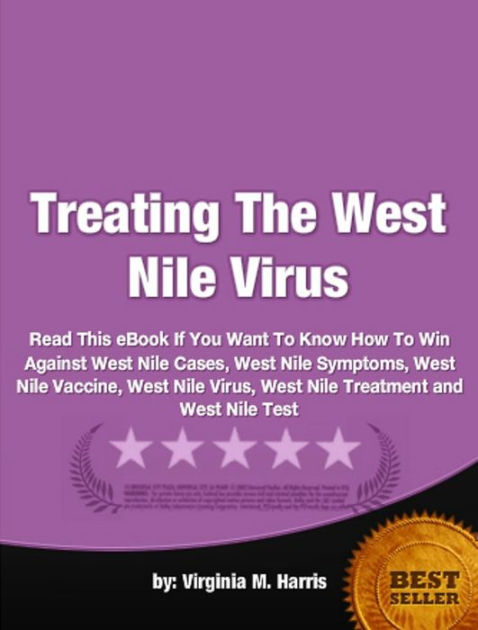Washington State has recently reported two additional cases of West Nile Virus, raising concerns among health officials and residents alike. This latest development underscores the ongoing risk posed by this mosquito-borne illness, which has the potential to cause serious neurological diseases in humans. Understanding the nature of West Nile Virus, its transmission, and preventive measures is crucial for public health and safety.
The West Nile Virus was first identified in the United States in 1999 and has since become endemic in various regions. The virus is primarily transmitted through the bite of an infected mosquito, particularly the Culex species, which is prevalent during warm months. With the recent uptick in cases, it is vital to explore the factors contributing to this resurgence. Fluctuating weather patterns, stagnant water sources, and increased mosquito populations play a significant role in the transmission dynamics of the virus.
Symptoms of West Nile Virus infection can range from mild to severe. Many individuals may remain asymptomatic, while others might experience fever, headache, body aches, joint pains, vomiting, diarrhea, or rash. In more severe instances, the virus can lead to neuroinvasive diseases such as meningitis or encephalitis, which require immediate medical attention. Understanding these symptoms is paramount for early detection and treatment, especially during peak mosquito season.
Public health officials are actively working to mitigate the risk of infection through community awareness campaigns and mosquito control initiatives. Residents are encouraged to eliminate standing water around their homes, wear protective clothing, and use insect repellent containing DEET. Additionally, the use of mosquito barriers, such as screens and netting, can significantly reduce exposure to these vectors during dusk and dawn, peak biting times. Education and vigilance are key components in the fight against the spread of West Nile Virus.
The two new cases reported in Washington serve as a reminder for the community to remain alert and proactive in safeguarding their health. Local health departments are closely monitoring the situation and may implement further measures if necessary. It is vital for individuals to stay informed about the latest developments related to West Nile Virus and heed guidelines from health authorities. Together, through concerted efforts and informed practices, Washington can combat this persistent health threat effectively.
In conclusion, the emergence of new cases emphasizes the unpredictability of West Nile Virus and the need for sustained public health efforts. By fostering awareness, implementing preventive strategies, and encouraging community cooperation, it is possible to minimize risks and protect public health against this formidable adversary.
